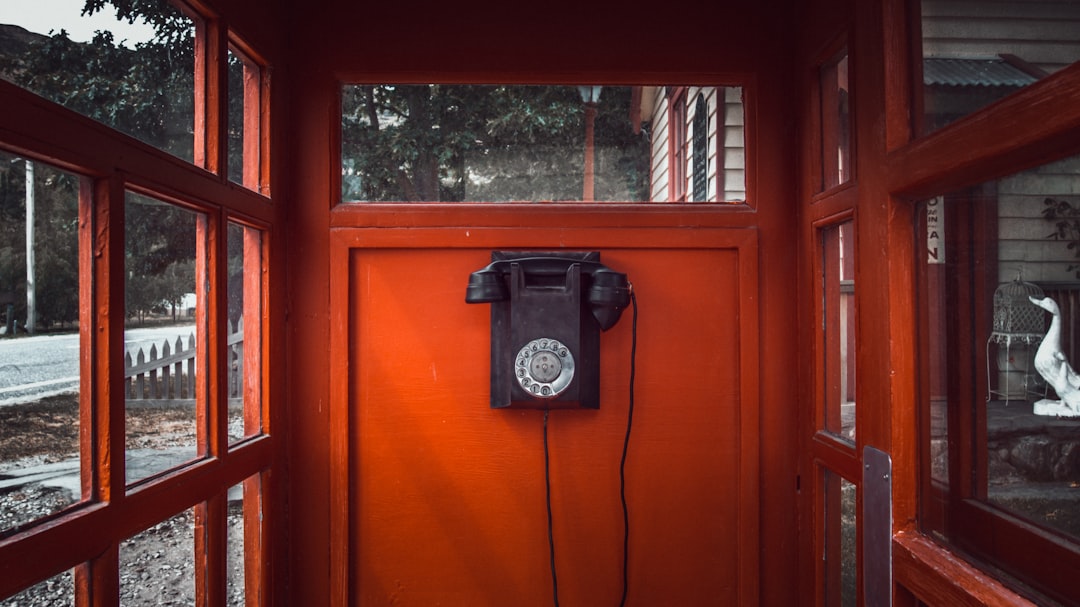Residents of Kansas can protect themselves from unwanted phone calls, including those from telemarketers and law firms, by registering on the state's "Do Not Call" list and the national registry. For persistent harassing calls, consulting a specialized do not call lawyer or attorney is recommended to understand legal rights and options, such as sending cease-and-desist letters or filing lawsuits under TCPA. In Kansas City, additional measures like call-blocking apps can enhance protection against nuisance calls from lawyers and law firms. Leveraging these tools and laws empowers individuals to safeguard their privacy and personal time.
Tired of unwanted phone calls from lawyers and law firms in Kansas City? You have rights. Our guide navigates the do’s and don’ts of the Do Not Call registry in Kansas, empowering you to stop harassing calls effectively. Learn proven strategies to register your number, assert your preferences, and what legal action to take if lawyers and law firms in Kansas City ignore your requests. Get the help you need with a lawyer for Do Not Call issues in Kansas.
Understanding Your Rights: When and How to Say Do Not Call in Kansas

In Kansas, residents have specific rights when it comes to unwanted telephone calls, especially from telemarketers or sales companies. According to state laws, you have the right to request that your phone number be added to a “Do Not Call” list. This can be done at any time by simply telling the caller you do not wish to receive future calls, and they must comply. Additionally, Kansas allows you to register your number with the national Do Not Call Registry, further restricting telemarketing calls.
If you are facing incessant or harassing phone calls, it may be beneficial to consult a lawyer specializing in consumer rights or telecommunications law in Kansas. A do not call lawyer or attorney can guide you through the process of registering your number and taking legal action if necessary. They can also represent you if a company fails to respect your request, ensuring your rights are protected. Remember, knowing your rights is the first step to handling unwanted calls effectively.
Effective Strategies to Stop Unwanted Calls from Lawyers and Law Firms in Kansas City

In Kansas City, dealing with unwanted calls from lawyers or law firms can be a persistent issue, but several effective strategies exist to stop this nuisance. The first step is to understand your rights and the legal framework surrounding telemarketing practices. Many states, including Kansas, have implemented Do Not Call laws that restrict unsolicited phone calls, especially from legal professionals. Registering your number on state or national “Do Not Call” lists is a crucial initial move; this will actively signal to lawyers and law firms that you do not consent to their calls.
Additionally, you can take proactive measures like installing call-blocking apps or hardware filters specifically designed to block out telemarketers. Many reputable law firms respect these explicit indications of non-interest, so your efforts can effectively deter them from contacting you again. Remember, if you have already registered and still receive unwanted calls from lawyers in Kansas City, it’s advisable to report these numbers to the Kansas Attorney General’s office for further action.
Legal Recourse: What to Do If Your Do Not Call Request is Ignored or Violated

If your “Do Not Call” request is ignored or violated, it’s crucial to understand your legal rights and options. In Kansas, it’s illegal for telemarketers to make unsolicited phone calls to individuals who have registered on the National Do Not Call Registry or expressed their desire not to be contacted. If you’ve made such a request but continue to receive unwanted calls, you should first document the calls, including dates, times, and the names or numbers of the callers, if possible.
Next, consider consulting with a do not call lawyer or do not call attorney in Kansas who specializes in consumer protection law. These legal professionals can help you understand your rights under state and federal laws, such as the Telephone Consumer Protection Act (TCPA). They may also be able to take formal action on your behalf, such as sending a cease-and-desist letter or filing a lawsuit against the violator, seeking damages and/or injunctive relief to stop the unwanted calls. Remember, protecting your privacy and personal time is essential, and knowing your legal recourse can empower you to take meaningful steps against persistent violators.






